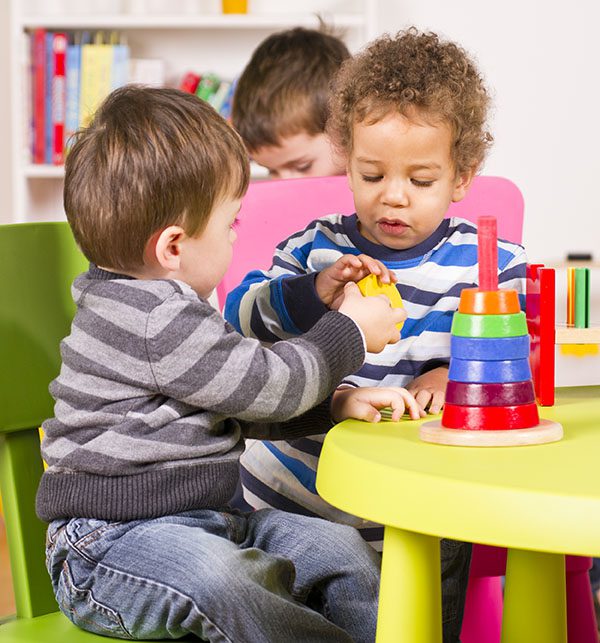 Social skills can come naturally for many children, but others can often struggle with socialization. This issue can arise due to many different reasons, such as your child being snubbed by classmates or simply feeling like they don’t fit in. In part one of our socialization development series, we’ll show you some of the most important guidelines to follow for developing your child’s social skills from a young and crucial age.
Social skills can come naturally for many children, but others can often struggle with socialization. This issue can arise due to many different reasons, such as your child being snubbed by classmates or simply feeling like they don’t fit in. In part one of our socialization development series, we’ll show you some of the most important guidelines to follow for developing your child’s social skills from a young and crucial age.
At Rice Psychology, we know your child means the world to you and we’re ready to help you build his/her social skills in Tampa.
Recognizing Social Milestones
The first thing to do is understand that children undergo very definitive facets in their social development. As toddlers, they’ll play and have fun on their own, until a second toddler joins in and fussing and fighting happens.
The next step is a child learning to play with another and understanding how to share, take turns and go first and last. This stage can often be bumpy and will have both children crying and complaining about each other, only to return to playing shortly after. Next comes the stage where the playgroup grows larger and the child will take part in group experiences.
Programming Socialization
Parents (generally the mother) will often need help with socialization. Oftentimes this means arranging playdates at home with a playmate of any sex, while both mothers supervise. The first playdate must be kept short and should end on a happy note.
If you notice boredom or restlessness, don’t be afraid to cut the playtime short. After several of these supervised one-on-one visits, arrange simple activities that allow you to leave the presence of the two children. Keep them within earshot in case things get a bit rough.
Taking the Next Step
If the playdates progress, the next step is letting your child make visits to his/her friend’s home. You will initially need to drop your kid off and stay close in case something happens. As things move forward, you can begin to walk your child halfway to the neighbor’s house and have the mother contact you as soon as your child reaches their destination.
Eventually, as social development and age advance, you can allow your child to visit his/her friend on their own without structured planning.
Stay Tuned for More!
In the next installment of our series, we will continue to offer guidelines that can enhance your child’s socialization. The Rice Psychology Group is ready to back your child through every step of the way. Our team of specialists is fully committed to your family’s needs and will work diligently to meet them in a caring and professional way. Contact our Tampa location for more information today.

